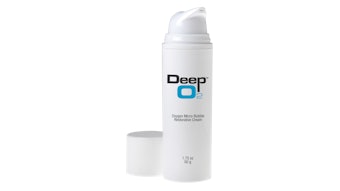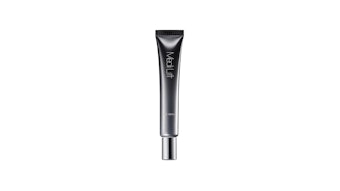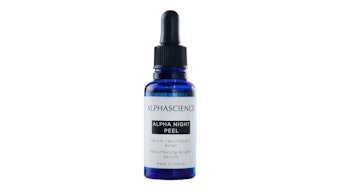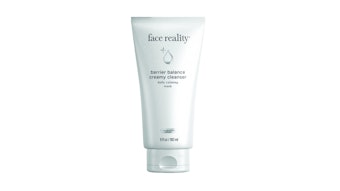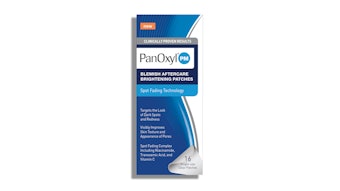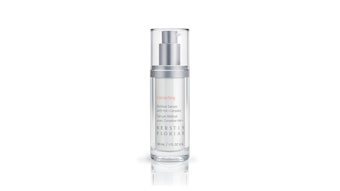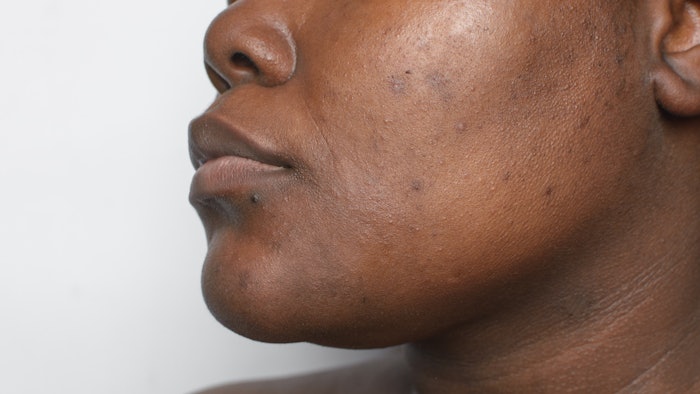
A study in the Journal of Drugs in Dermatology (JDD), February 2024 issue, introduces a novel dermatological approach that promises equal efficacy to the gold standard with a rapid onset of action and enhanced patient satisfaction. The study, "Cysteamine Isobionic-Amide Complex Versus Kligman's Formula for the Treatment of Melasma: Equal Efficacy and Rapid Onset of Action," explores the effectiveness of a new cysteamine isobionic-amide complex in comparison to the Modified Kligman's Formula (mKF), a longstanding cornerstone in melasma treatment.
Related: Cysteamine Can Effectively Treat Hyperpigmentation
The clinical trials analyzed 80 patients across three groups, for 16 weeks, treated with the Cysteamine Isobionic-Amide complex, a placebo and mKF. Evaluations included the modified Melasma Area Severity Index (mMASI) scores, spectrophotometric analyses, dermatological assessments and patient-reported feedback and satisfaction, including quality-of-life scores.
As early as week 4, the Cysteamine Isobionic-Amide complex demonstrated an onset of action comparable to mKF, significantly reducing melasma severity and improving overall skin condition by week 16.
Both Cysteamine Isobionic-Amide complex and mKF showed significant decrease in spectrophotometric pigmentation contrast at week 8 and 16, and in mMASI at week 4, 8 and 16, with no significant difference between both Cysteamine Isobionic-Amide complex and mKF at each timepoint and for both endpoints (mMASI and pigmentation contrast), per the study.
Patients treated with the Cysteamine Isobionic-Amide complex reported higher satisfaction levels and a notable improvement in quality of life, positioning this new complex as a viable long-term treatment alternative to mKF. The findings suggest that the Cysteamine Isobionic-Amide complex not only matches the efficacy of mKF but also surpasses it in terms of patient experience and safety profile, offering a significant advancement in melasma management.
